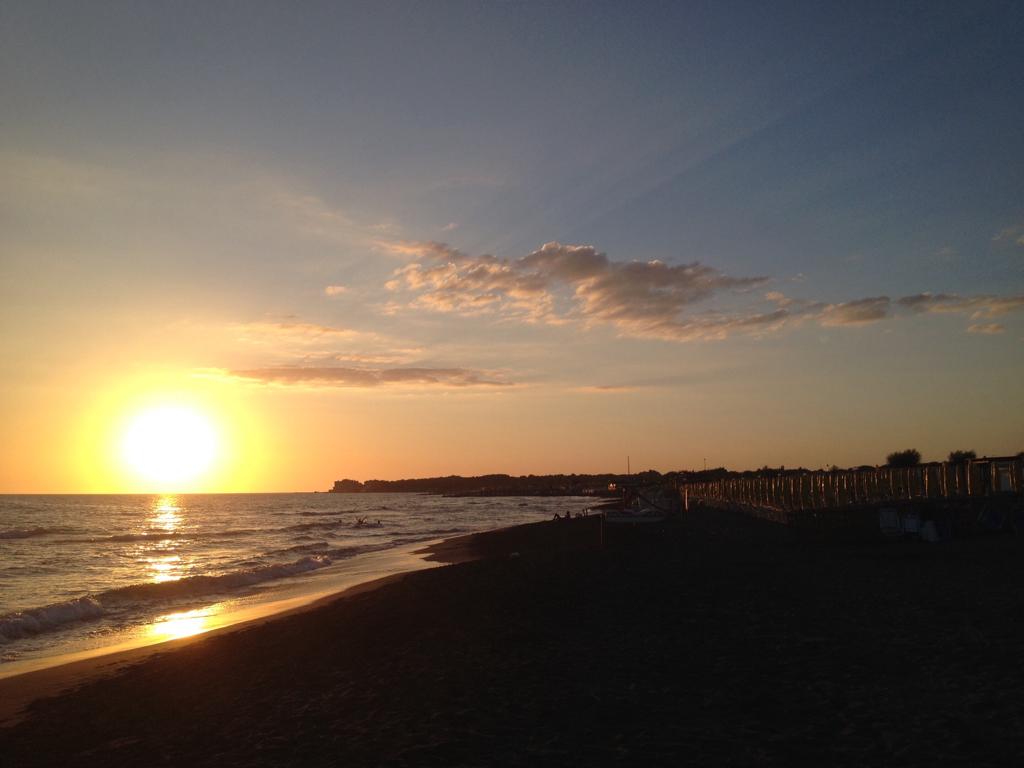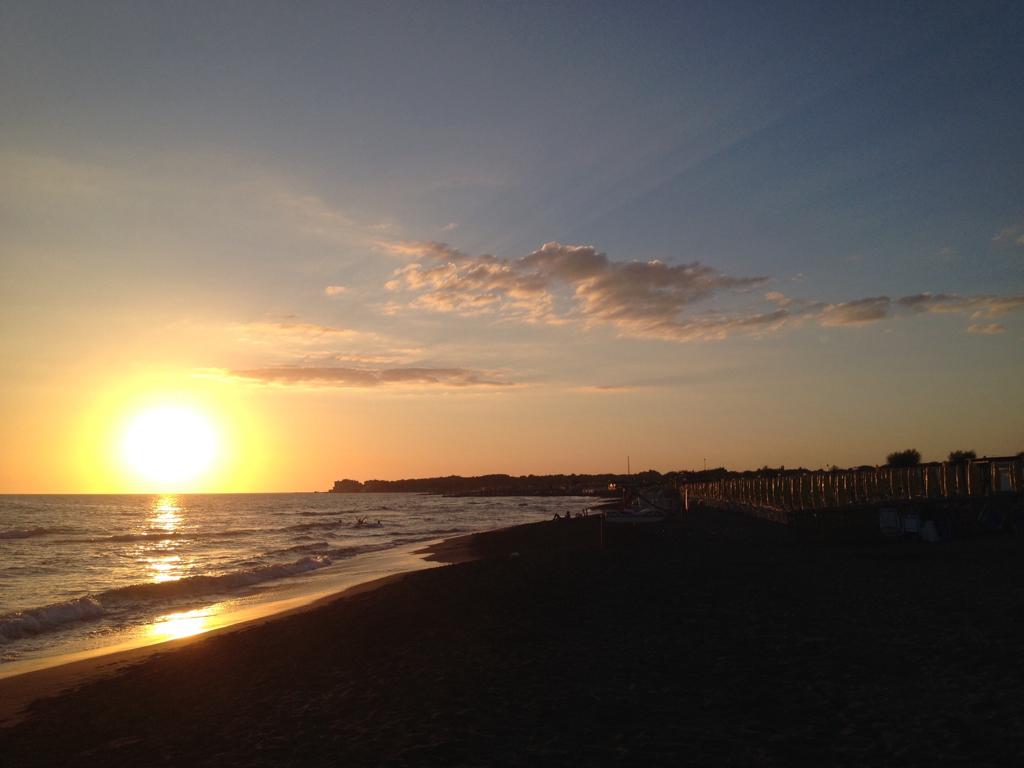
So, pull the reins in the season when riding in the national parks is allowed. These periods in each of the Italian provinces are different, they may differ from each other by specific dates, depend on whether the nature reserve faces the sea or not. But on the whole, horseback riding in the cherished places in the country is not forbidden in the so-called ‘low tourist seasons’, that is, in October-November and March-April. In the high seasons, everything is crowded with travelers enjoying cultural walking tours.
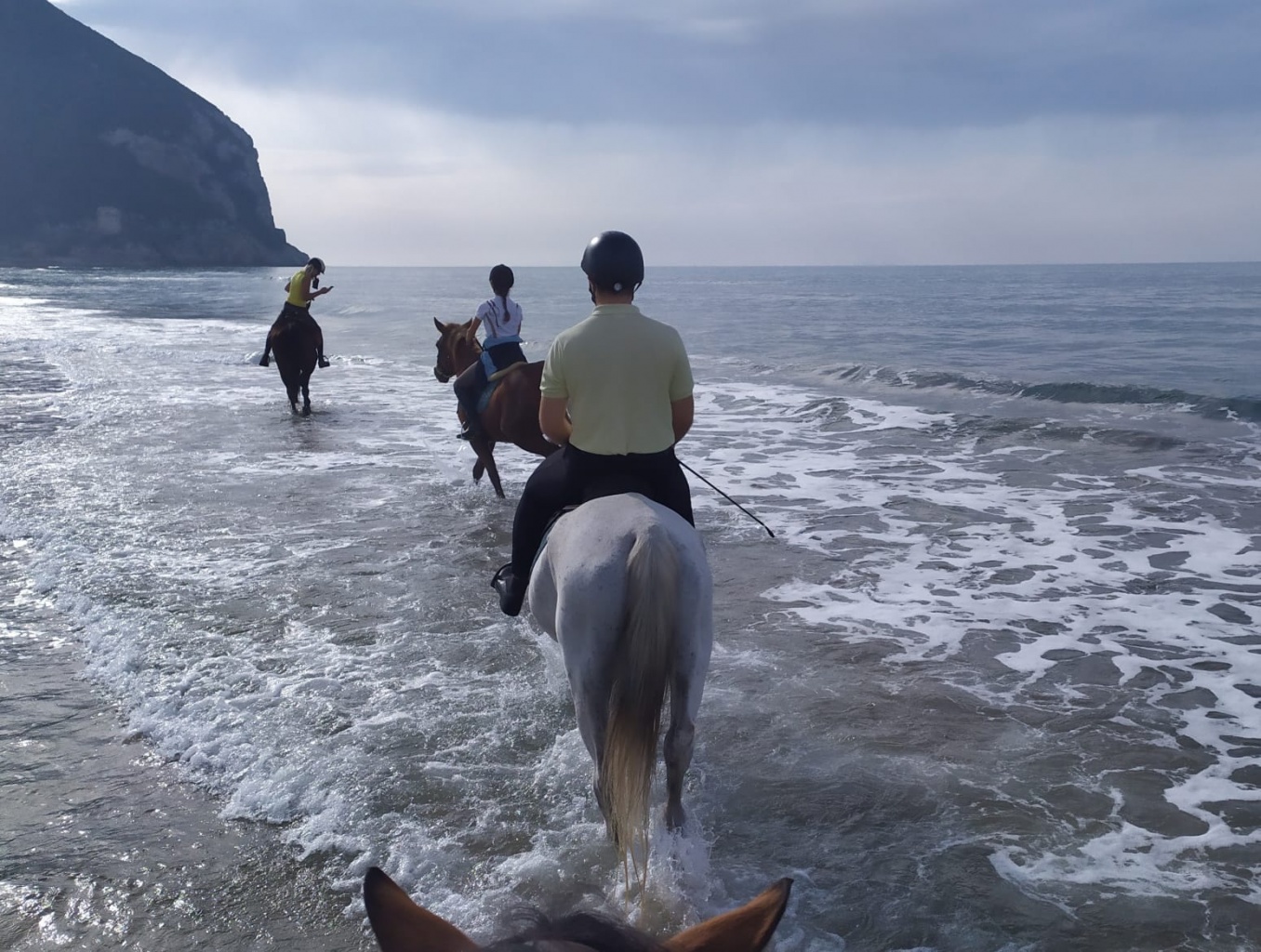
90 kilometers south of Rome, between Sabaudia and San Felice Circeo, there lies the Circeo National Park full of green Italian stone pines and washed by the Tyrrhenian Sea. The horse-riding tourism lovers find this beautiful spot in the Lazio province ideal for a horse ride walk through the coniferous forest and along endless sand dunes.
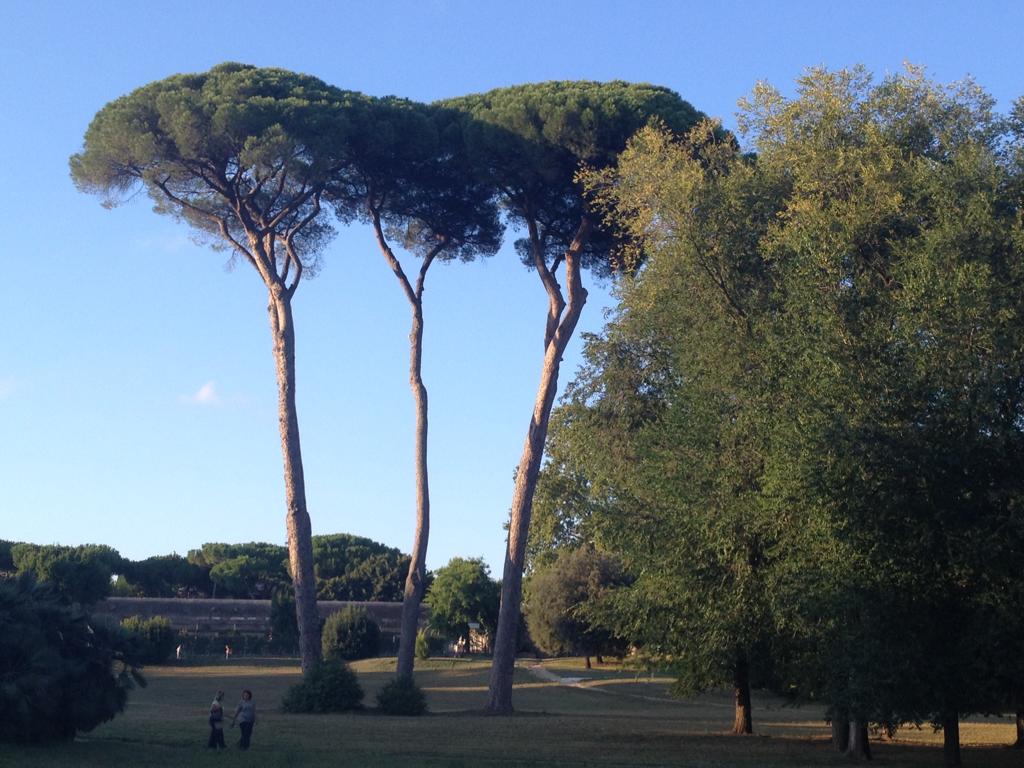
Circeo today is the main evidence that man and nature can interact with each other in a balanced way without disturbing the fragile ecological balance. In this nature reserve, the beauties of nature and historical monuments are brought together. The park is subdivided into five zones: a 3,300-hectare forest, the Mount Circeo, coastal dunes, four salt lakes (once huge Pontic swamps) and the small island of Zannone.
Several riding schools offer their services here, complying their charters with the local environmental laws. And it has one reasonable ban: no ungulate animals on the beaches during the swimming season. Indeed, it is difficult to imagine riders making a passage through the crowds of the sunbathers in August. Or horses galloping in shallow water, where children and dads are splashing each other.
The Italians say that the beauties of life on the peninsula (the Apennine one) is that wherever you are, you are always near the sea. Two hours by car or by train is quite enough to get to the World Ocean. Even in Lombardy, which has no access to the sea, you can find protected places at the water's edge. For example, on Lake Como. And Sardinia is just one large national park with breathtaking beauties.
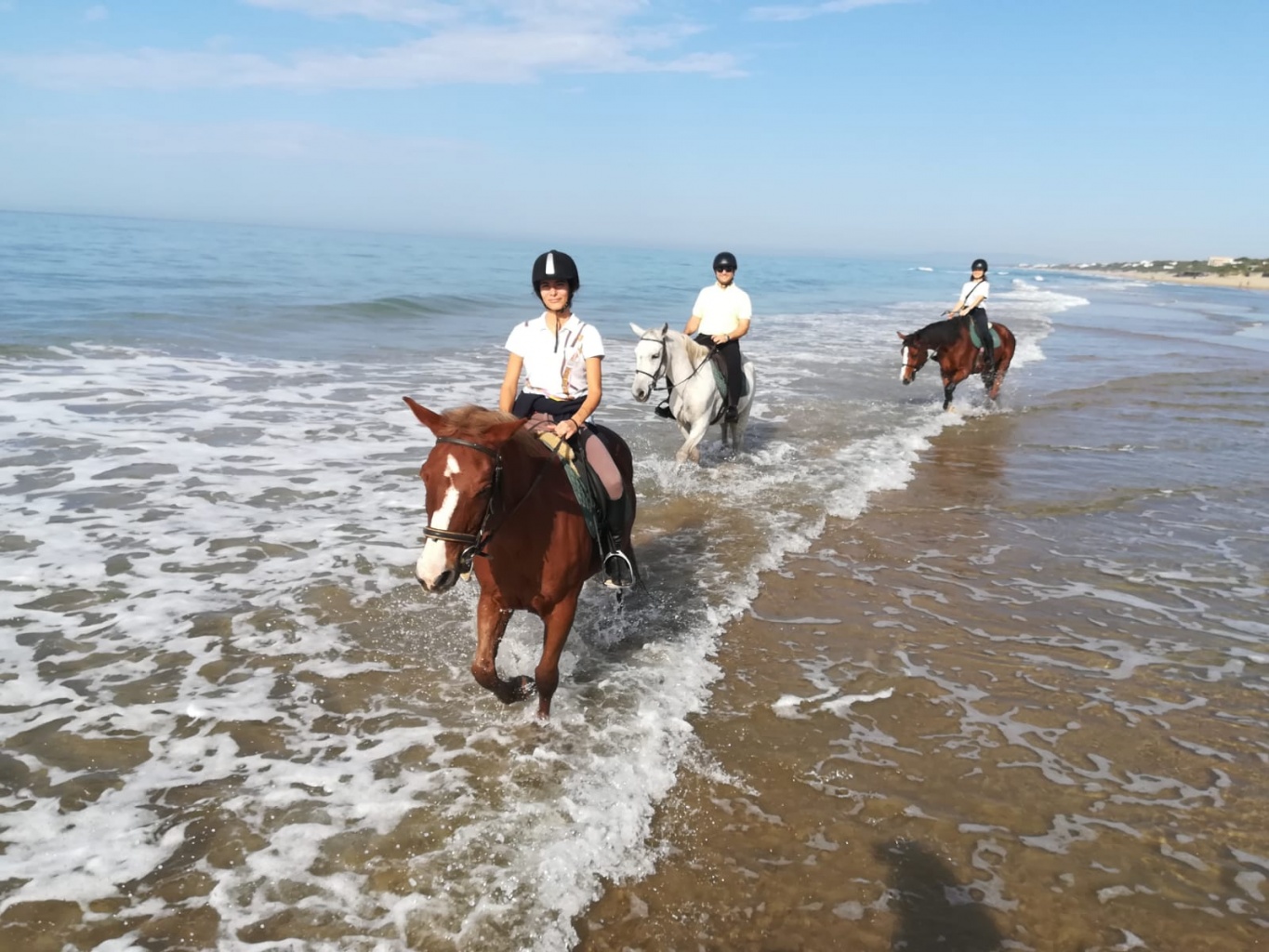
Image credit: Irina Osipova
Horseback riding in the protected areas makes it possible to be fully absorbed in nature. There are no ‘barriers’ between you and the environment, you can travel at the speed of a car, all ‘exhaust gases’ are absolutely environmentally friendly.
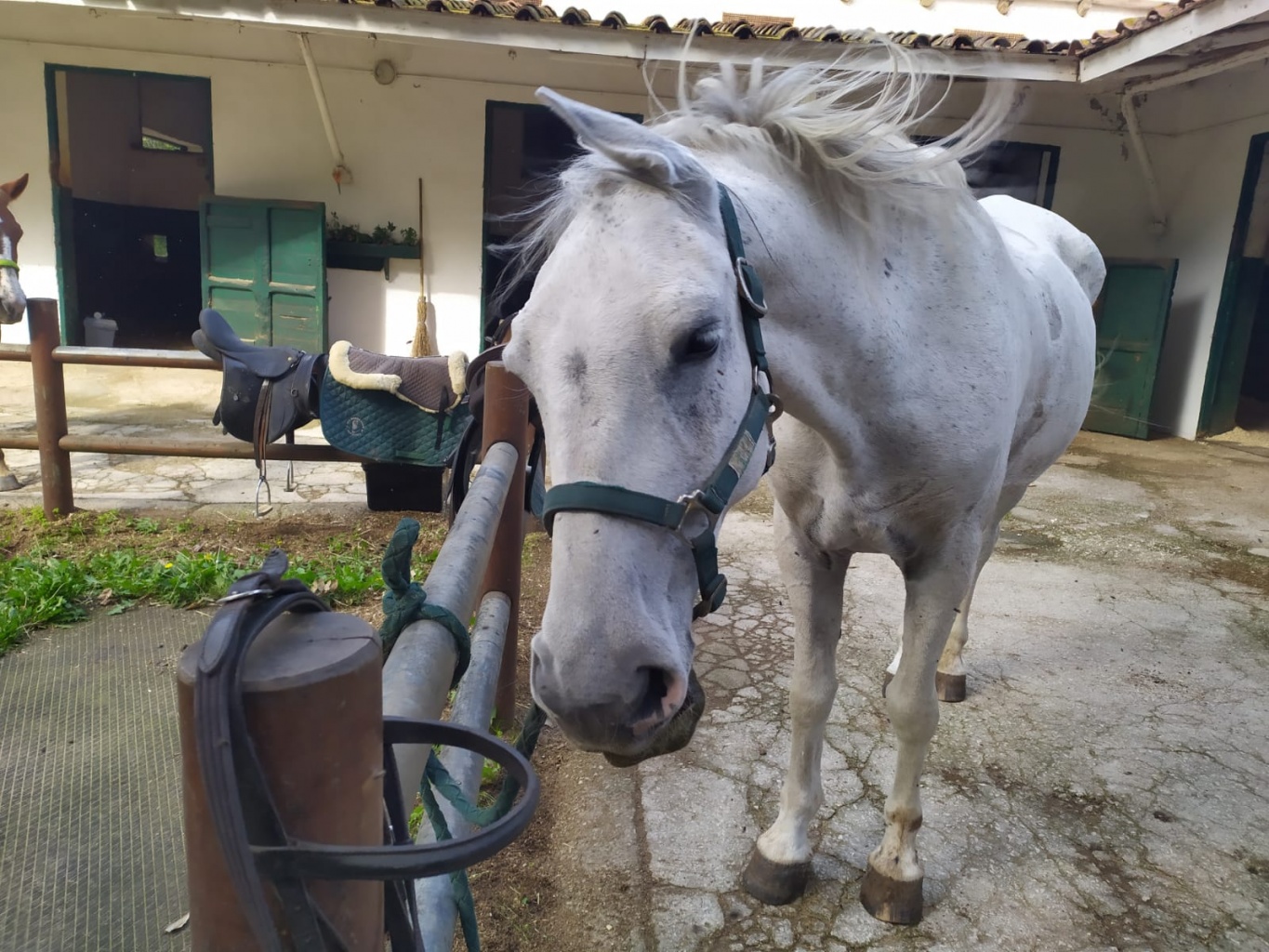
The Circeo National Park was created in 1934 by order of Benito Mussolini. A 85-square kilometer coastal strip, as well as the island of Zannone have been converted into a nature reserve. This way they managed to save the Pontic swamps, which play an important role in the ecosystem of this zone. In 1977, the UNESCO took the park under its protection and included it in the list of the World Network of Biosphere Reserves.
If the horse is physically fit, then they send the horse for a walk in the nature reserve unshod, - ‘barefoot’. This practice is increasingly used in Italy. The workers of the nature reserves, although they themselves ride horses, are not delighted when they find others’ iron horseshoes aimed to protect the hooves.
“Horses are also living beings,” and they want to take a dip in the sea or lake, so the ‘hydrotherapy’ is not prohibited for animals.
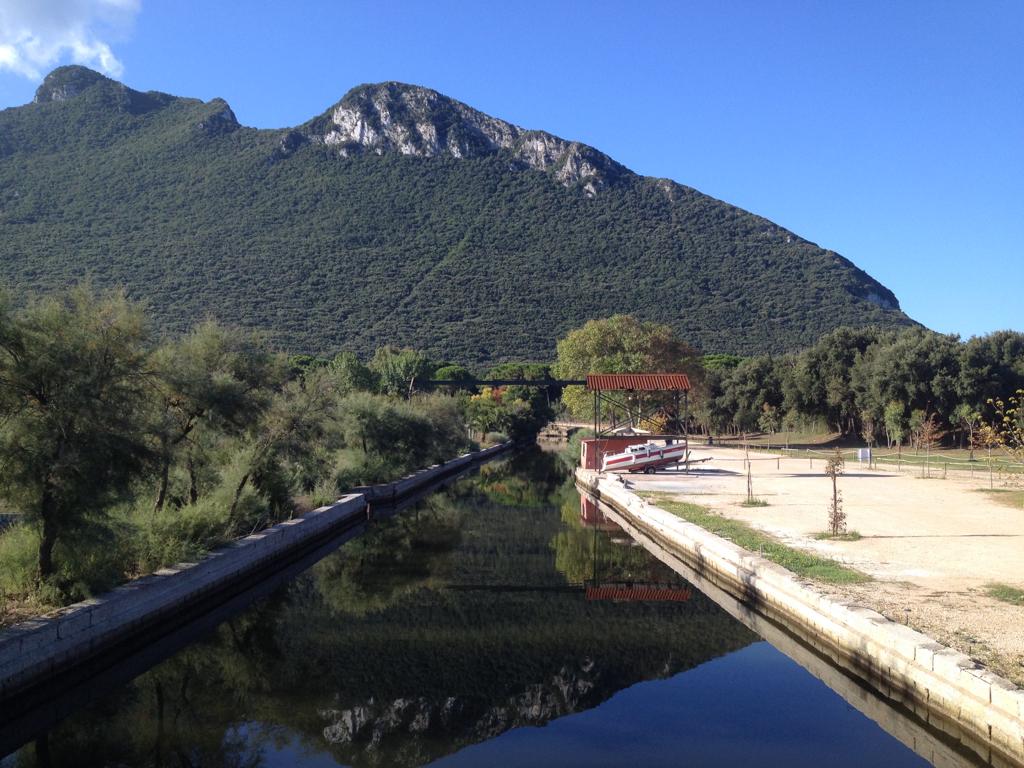
In Italy, the same package that includes horseback riding, offers also other types of recreation in the ecologically protected places: lawn tennis, sailing, various water sports, paragliding. A number of agricultural farms are offered to those who do not want to return home the same day.

